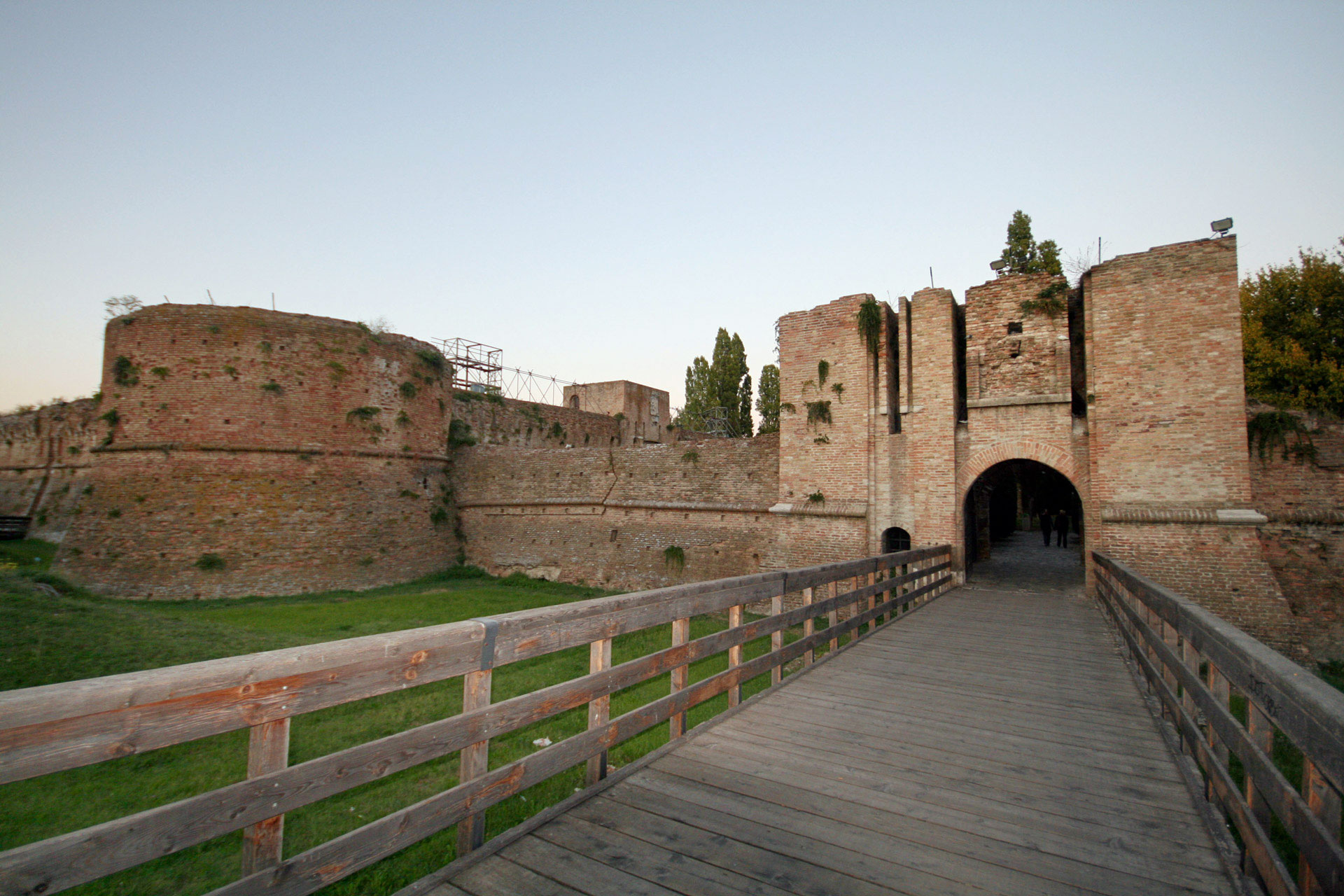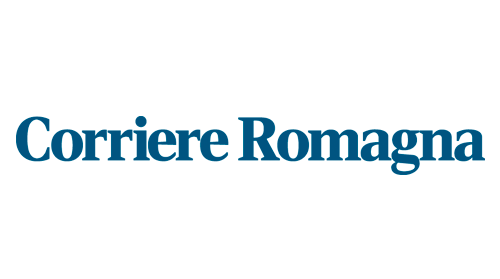© Zani-Casadio
Il Trionfo del tempo e del disinganno
(HWV46a) Oratorio in two parts on a text by Benedetto Pamphilj
Accademia Bizantina
Ottavio Dantone harpsichord and conduction
Alessandro Tampieri concertmaster
Mria Grokhotova, Lisa Ferguson violins I
Ana Liz Ojeda, Mauro Massa, Sara Meloni violins II
Marco Massera, Alice Bisanti violas
Alessandro Palmeri, Paolo Ballanti cellos
Nicola Dal maso, Giovanni Valgimigli violones
Tiziano Bagnati lute
Alberto Guerra bassoon
Gregorio Carraro, Rei Ishizaka oboes and flutes
Stefano Demicheli organ
Piacere (Pleasure) Emmanuelle de Negri soprano
Bellezza (Beauty) Monica Piccinini soprano
Disinganno (Disillusionment) Delphine Galou contralto
Tempo (Time) Anicio Zorzi Giustiniani tenor
In the summer of 1707, in Rome, a twenty-two-year-old Georg Friedrich Händel premièred his first oratorio on a libretto by Cardinal Benedetto Pamphilj. In it, Beauty lives according to the rules of Pleasure until Time and Disillusion induce her to accept the transience of things: four personified allegories, most suited to a manifesto of Counter-Reformation austerity. Before settling in London, the Lutheran Händel thus started to make a name for himself in Italy, where he remained until 1710 also working for patrons in such obligatory destinations as Florence, Venice and Naples. But his first oratorio was repeatedly revised and reworked during half a century. Several versions were produced between 1737 and 1757, just two years before the composer’s death. This is why The Triumph of Time and Disillusion can be considered as the alpha and omega of Händel’s oratorio production. There is little doubt that it is a masterpiece: the most famous tune of the oratorio, “Lascia la spina”, reappeared in Händel’s first Italian language opera written specifically for the London stage, Rinaldo (1711), modified as “Lascia ch’io pianga”. In Italy, the composer had learnt a fundamental lesson on the use of strings and vocals, forged relationships, and earned credits he would be able to spend when, as his own producer and impresario, he staged his operas until 1742, the fatidic year of Messiah, when oratorios enjoyed a resurgence of popularity as an agile, ‘economical’ genre that could do without the whims of opera singers, and without stage requirements. It was a cure-all for Händel’s finances, which, upon his death, amounted to a treasure of 17,500 pounds, 2.2 million in today’s money.



